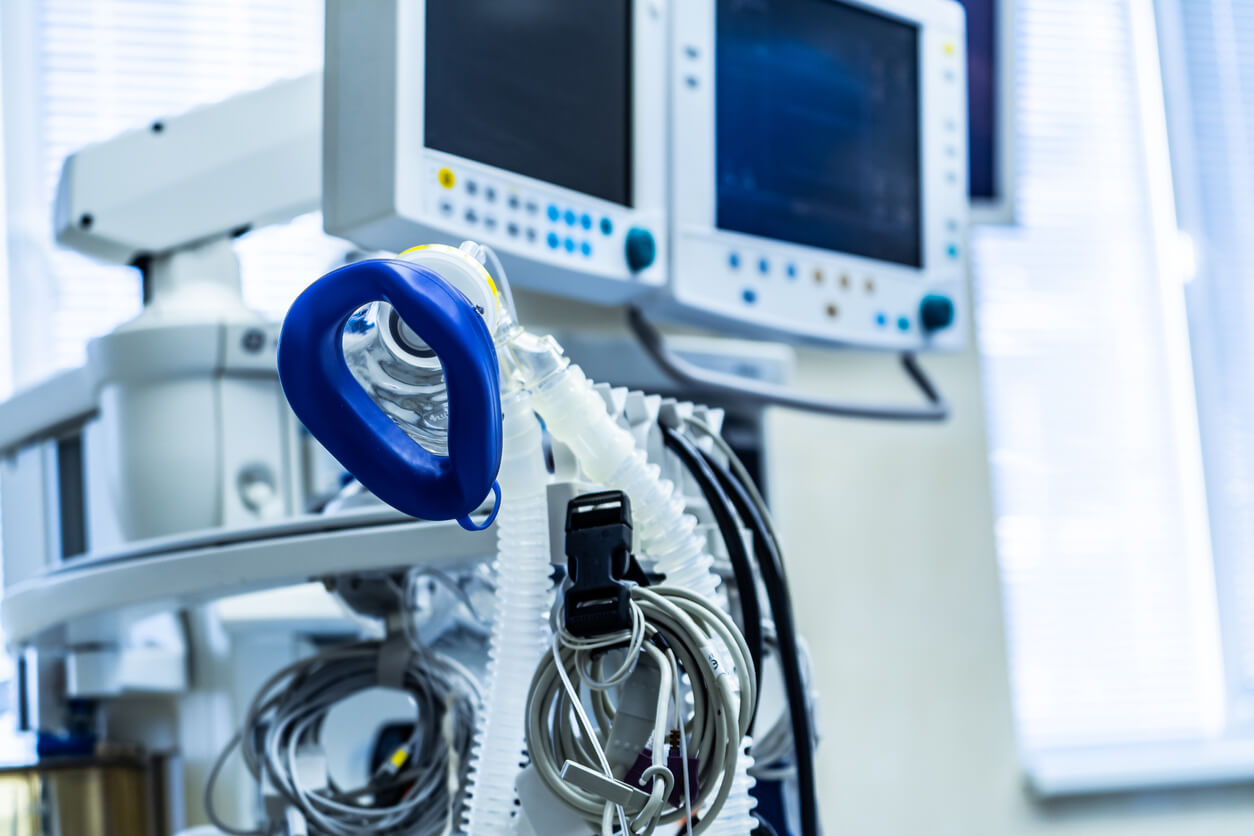Companies that manufacture and sell defective products can be held liable when someone gets injured by them. The same applies to defective medical devices. As with any product liability case, however, pinpointing responsibility for dangerous medical equipment isn’t necessarily a simple matter. But a knowledgeable Chicago personal injury attorney can help. At Hale & Monico, we represent people who have been hurt because of a company’s negligence in putting defective devices on the market.
What medical equipment commonly causes injuries?
Let’s start with some of the most common pieces of medical equipment that have harmed patients. They include:
- Pacemakers
- Intrauterine devices
- Implantable contraceptives
- Silicone breast implants
- Ventilators
- Insulin pumps
- Blood clot filters
- Stents
- Surgical equipment
- Artificial hip replacements
Medical equipment is subject to extensive regulation by the Food and Drug Administration. Before a product can be used on a patient, it must be rigorously tested. Even then, the product can fall short. There are numerous individuals involved with the design, development, marketing, and distribution of these items. That means any time a medical device is defective, there are several potential defendants. But establishing liability in a case like this isn’t easy.
Who can be held liable for defective medical devices?
Most defective medical device claims arise as a result of manufacturer negligence. Companies who want the coveted FDA approval rush through the testing and research phase and don’t present a product that’s been thoroughly vetted. Some manufacturers are even aware of defects, or potential ones, but don’t want to conduct the appropriate testing to reveal them.
These types of lawsuits routinely start with holding the manufacturer responsible. This is especially true if the evidence shows the manufacturer didn’t tell physicians about known or reasonably foreseeable risks associated with their product. An experienced product liability attorney will investigate to determine what, if anything, the manufacturer knew at the time the item caused an injury.
The manufacturer can also be held liable for failing to include adequate warning labels or instructions with their products. Unlike failure to warn about a known or reasonably foreseeable defect, this involves the manufacturer not warning about the dangers of misusing the product. It could also mean the instructions provided with the device left out critical information that made its use hazardous. This is even though the product itself had no inherent defect or flaw.
Doctors can also bear responsibility in cases like these. If a physician knew, or should reasonably have known, that the device was defective, then he or she had an obligation to notify the patient. The patient has the right to informed consent, but that requires the doctor exercising reasonable care in recommending and using the device on the patient.
Other parties that are sometimes held liable in defective medical device cases include:
- Retailers
- Distributors
- Hospitals
- Laboratories
- Pharmacies
This is particularly true if the party in question played any role in designing or marketing the product, or knew about potential risks but chose to withhold that information from the patient.
As with other product liability cases, several defendants sometimes share blame in defective medical device lawsuits. Your attorney will use discovery to gather all relevant evidence about potentially liable parties, then bring them into the case. More defendants mean more potential compensation, which could be necessary if you’ve suffered an injury because of the product.
Let Hale & Monico get started on your case today. Give us a call to discuss your legal options.

